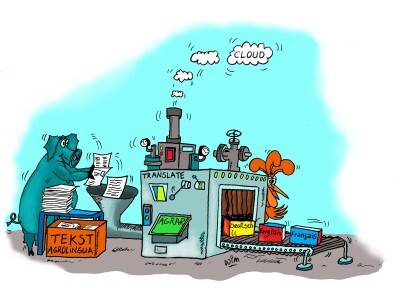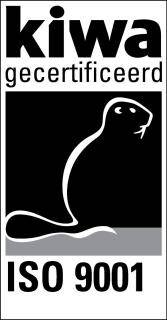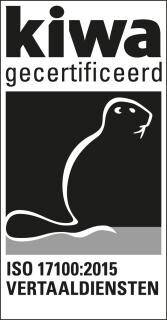
Why free machine translations are actually more expensive
At first, it appears so tempting: using a translation machine. Translation machines offer lots of advantages right? They are fast, cheap or often free to use and are available 24/7. Even the very best translators will struggle to match this. Yet first impressions can be misleading. Problems start to arise when a machine translation is checked for errors, consistency and use of terminology.
Let’s be honest: machine translations are extremely useful and can be used for texts which aren’t intended for publication. But if you are publishing a text, other questions and doubts will arise. Will you adopt texts produced by translation machines word for word, or will you ask someone to critically examine the content? Choosing the second option means a lot of time will be spent checking the text, while other important tasks will be ignored.
It’s absolutely vital that translated texts are flawlessly written and contain the correct application of terminology, without you having to spend too much time to check if this is actually the case. Does this sound more appealing? Then choose the language and translation specialists at AgroLingua, who are specialised in delivering high quality translations and possess a wide ranging knowledge of international agricultural jargon.
Request a quote Request a free trial translation
Translation machines aren’t perfect
Maintaining and applying correct terminology is one of the unique selling points offered by a certified translation agency like AgroLingua. When using a translation machine, the opposite is true.
An Automated translation systems will, more often than not, translate this too literally and be unable to determine the context. Professional translations require expertise when it comes to terminology use. Online translation tools are currently incapable of providing this extra knowledge and expertise.
Who checks the tone of voice?
As a professional organisation, you’ve made a conscious decision to use a specific tone of voice to suit your target audience(s). You’ll want all forms of communication to be written using the same tone of voice, as this conveys the personality of your organisation and brand. A translation machine isn’t aware of your preferred tone of voice and so your texts won’t be conveyed in the same way. This means your carefully chosen tone of voice will be lost in translation.
Conclusion: you (or somebody else) will be required to perform a critical check of the translated texts, checking terminology and rewriting the text to include your preferred tone of voice, something a machine translation simply isn’t able to offer. The chances of unearthing an employee capable of multilingual (native) communication are remote. But the likelihood increases enormously when you contact a translation agency.
Who performs the other tasks?
Checking machine translation content requires specific skills, like knowledge of terminology, awareness of the preferred tone of voice and, perhaps most importantly, demands sufficient space in your diary. This last demand is something you’ll want to avoid, as translation work requires sufficient time to ensure delivery of a flawless translation project.
But what if an individual doesn’t possess great linguistic skills, and isn’t aware of international terminology or cultural nuances when communicating with specific international target groups? Achieving the perfect result will consume many hours of precious time.
When you or your colleagues spend many hours editing a machine translation, who will perform the regular day to day tasks? How significant will your economic losses be and what will you have achieved? Ultimately, outsourcing translation projects to a specialist translation agency reduces the risk of these problems arising in the first place.
What are the potential problems?
Incorrect terminology, tone of voice or wasting precious working hours are just a few examples of problems that may arise when relying on a translation machine. We haven’t mentioned additional processing costs caused by, for example, an error ridden product tag or label translation.
Choosing not to invest in high quality translation texts provided by certified translators is a risk, one that can ultimately lead to a negative domino effect. So it's vital to ask translation experts. After all, you wouldn’t ask a plumber to repair your car, or a dental surgeon to treat a broken leg.
Use AgroLingua’s translation specialists for all your translations
Do you want to save time and avoid any unwanted consequences? Then ask the translation and language specialists at a certified translation agency.
A certified translation agency such as AgroLingua takes the translation process of texts within the agri-food sector very seriously. We only work with native speakers who speak your professional language, whether it concerns translations for the food industry, poultry farming or agriculture.
Are you curious about our translation services and what we can do for your business? Please contact us for more information.
Back to blogs





